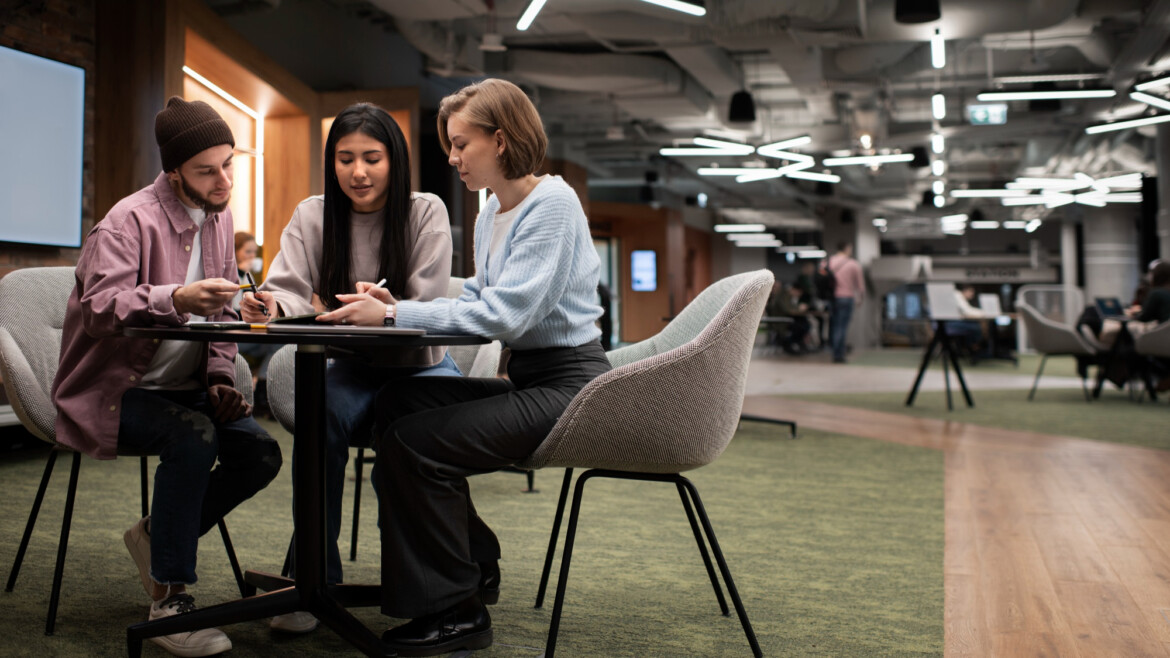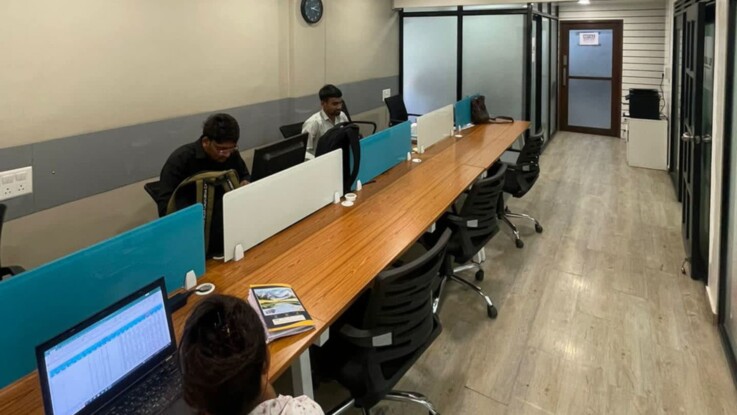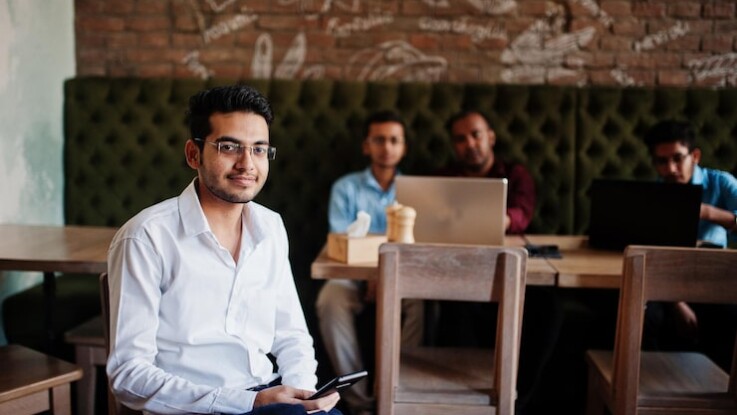Here’s a compelling blog post titled “New Offices Will Be Designed More by Sociologists Than Architects” that explores how workplace design is evolving to prioritize human behavior, culture, and connection:
New Offices Will Be Designed More by Sociologists Than Architects
The office of the future isn’t just about sleek furniture and glass walls—it’s about people. As hybrid work becomes the norm and employee well-being drives decision-making, a surprising shift is happening: sociologists, not just architects, are shaping the next generation of office spaces.
Why Sociologists Are Taking the Lead
Sociologists study how people interact, form groups, and build culture—exactly what post-pandemic offices need. Today’s office isn’t just a place to sit; it’s a space that must foster belonging, collaboration, and trust.
Where architects once focused on form and function, sociologists bring in the human experience—asking:
-
How do people feel when they enter the space?
-
What physical elements encourage teamwork?
-
How does space influence power dynamics or inclusion?
The Death of the Open Office—Sort Of
The fully open-plan office has been widely criticized for increasing distractions and stress. Sociologists advocate for “activity-based design” instead, offering:
-
Quiet zones for deep work
-
Lounge spaces for informal interaction
-
Private pods for phone calls or focused tasks
-
Flexible furniture that reflects how teams ebb and flow
Designing for Culture, Not Just Space
Offices now need to reflect the values of the organization: equity, flexibility, creativity, and connection. Sociologists help companies:
-
Co-design spaces with input from employees
-
Analyze work patterns and cultural cues
-
Design layouts that support mental health and inclusion
Architects + Sociologists = The Future Dream Team
This isn’t about replacing architects—it’s about collaboration. Sociologists provide the “why” behind human behavior, while architects translate that into tangible, elegant environments. Together, they create spaces that people want to return to, not just have to return to.
The Takeaway
The most innovative offices of the future won’t be defined by the trendiest aesthetics, but by how well they support human connection, purpose, and autonomy. In this new era, empathy is a design tool, and sociologists are holding the blueprint.




